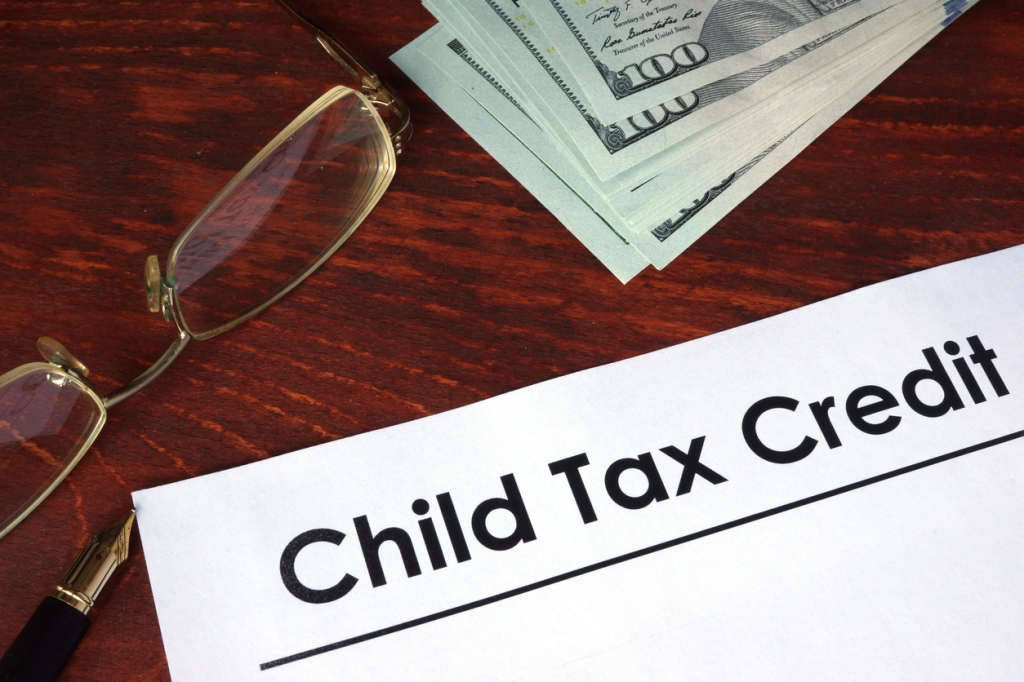
Many parents have legal agreements, such as a Marital Settlement Agreement or Paternity Court Orders, which state that they alternate who claims their child or children’s tax credits each year. What might have made things confusing over the last year is the Economic Impact Payments and the Recovery Rebate Credit for 2021. The IRS determined who received the 2021 advance child tax credit payments based on the information provided by taxpayer’s 2020 tax returns, or their 2019 tax return if the IRS had not processed or received the 2020 return. This may have created confusion if parties alternate claiming their children’s tax credits every other year.
The third Economic Impact Payment was, in fact, an advance payment of the 2021 recovery rebate credit. In some situations, though, an eligible parent may not have received this payment for a qualifying dependent child that the parent is legally entitled to claim on their 2021 tax return. The IRS has offered guidance that confirms that the parent can claim the 2021 recovery rebate credit, regardless of any Economic Impact Payment that the other parent received.
If a parent received the Economic Impact Payment for a dependent child that they are not legally entitled to claim on their 2021 tax return, they may not be required to pay it back. The IRS has issued information to serve as a guideline for whether the parent who received payments, but was not entitled to claim the dependent child in their 2021 tax return, is entitled to repayment protection. A parent whose 2021 tax return shows a modified adjusted gross income of a maximum of: $60,000 if he/she is married and filing a joint return; $50,000 if filing as head of household; and $40,000 as a single filer or married and filing a separate tax return, will qualify for repayment protection.
However, the payment protection amount will decrease based upon how much more the parent’s modified adjusted gross income is than the thresholds for the total repayment protection. (Outlined in the paragraph, above.) The repayment protection will be completely phased out when that parent’s adjusted gross income on his/her 2021 tax return is: $120,000 or more if married and filing a joint return; $100,000 if filing as head of household; or $80,000 as a single filer or are married and filing a separate return. The IRS expects that most parents who need to repay will do so from their 2021 income tax refund.
Finally, a parent who was eligible to receive advance payments for their child or children, but did not receive these payments, can claim the full amount of the child tax credit for their children that they may legally claim. It does not matter if the other parent received advance child tax credit payments.
The IRS has answered many common questions about the 2021 Child Tax Credit and Advance Child Tax Credit Payments on its website. It may also be helpful to utilize the services of a qualified tax preparer to file your taxes this year, given the rules involving the Advance Child Tax Credit Payments. If you have questions, or concerns, regarding how this may affect your family regarding a divorce, or existing orders regarding child support and other financial issues involving your children, please call us at (414) 258-1644 to schedule a free initial consultation to discuss your case.